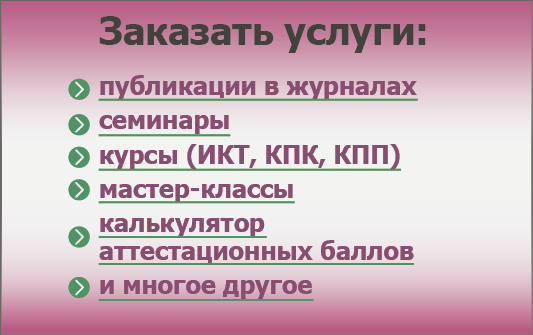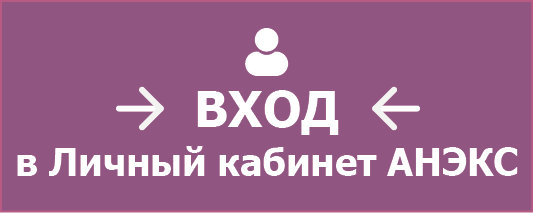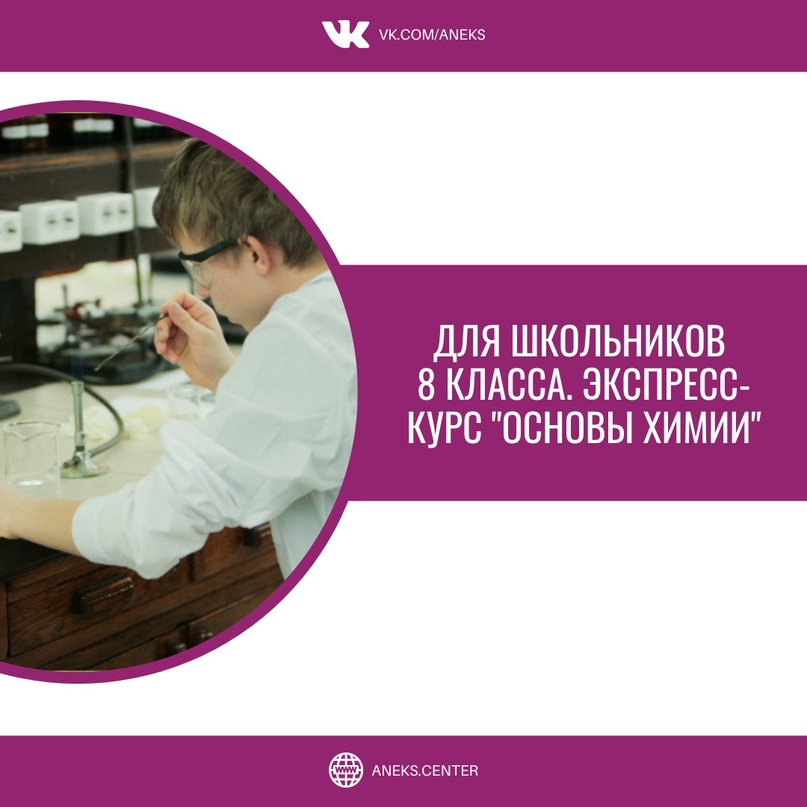Konstantin Lazo
I'll start this topic with a story about the time of Alexander’s the First reign (that ruler was good, he was born in 1777, and he issued a decree on the abolition of serfdom. But then for some reason he returned it and made the life of the peasants even worse than before)and my far ancestors (who lived at that time) went into rebellion for the abolition of serfdom and were sent as punishment for some foreign lands. Living and working there was such difficult that they named a village where they lived “Tuzhilovka” (from Russian word “tuzhit’” – to have a difficult life). When Alexander died, Tsar Nicholas the First began to rule, which allowed people who lived in this village return. But one part had already taken root and has remained, and other part has returned to St. Petersburg. I belong to the part had come back to city. My grandmother even has gone when she was 8 years old in this village and met with the offspring of the first part. They met her very warmly, joyfully and friendly.
According closer to the new times I can say that also my family (as many other Russian families) was touched by the Siege of Leningrad (also known as the Leningrad Blockade) that began on 8 September 1941. Terrible thingswere happened in those times. Thousands of Russian people were killed by fascists or die by hunger (there was a great hunger in the city) and cold. Some mothers died because they gave their last piece of bread to their children. People loved that bread very much though he was made of many different materials, even from the glue! By the way despite the beginning of the war, schools and kindergartens were continuing their work. Some of students died in the classrooms… Those terrible times were 872 days long.
|
|
|
|
|
|
Residents of Leningrad queuing up for water (People in besieged Leningrad taking water from shell-holes) |
Typical dystrophic in the Siege of Leningrad |
The fire of anti-aircraft guns deployed in the neighborhood of St. Isaac's cathedral during the defense of Leningrad |
Exultant Leningrad. The siege is removed. Sign on the wall says: Citizens! This part of the street is most dangerous during the artillery barrage. |
In the beginning of the Blockade, on the 10 September the fascists managed to bomb famous Badaevsky warehouses (largest part of city’s food was there). The fire was big, thousands of tons of food were burnt, sugar soaked into the ground. And my great-grandmother (Alexandra, mother of my granny’s mother) went there and she (with many other women) picked up the sugar with the earth. Then she diluted it in the hot water and she drank it with sister of my granny’s mother, Lusia. Some days after they were evacuated but in the evacuation zone, which was near the river Volga, was the hunger, too. And Sasha (Alexandra) cooked cutlets from peel potatoes. By the by her other daughter, Tamara (she was 12 years old when the Blockade has begun) was studying at school and she sewed some parts of clothes to the soldiers.
Lusia’s future husband Valera was 1.8 years old when the Siege of Leningrad has begun. And when it happened all relations went to live with them (as when all gather together life became some easier). There wasn’t any light in the room they always walk wrapped in a blanket and all things in the room were burnt as it was such cold. His mother didn’t work. Father worked in the Kirov factory, one day he was hit by bullet but glory for God - it was pulled out by doctors. Then his mother began to donate blood to get more bread. At this point Valera with his brother had already been given to a nursery. Their house was situated near the Finland Bridge (which was a strategically important point) and the Germans bombed it often, but they couldn’t hit it. One day they hit near the house and all glasses in the house’s windows were broken. Nobody died which was good. When it was air-raid warning all the windows were closed by black cloth (that was blackout) and some days they went to an air-raid shelter. Very good thing was that water wasn’t far from they (many people came to this water with sledges and buckets but not all people could found some force to come back). By the end of the war, they were put in the hospital as they were dystrophic because of strong hunger. They have survived and they live still nowadays.
Alexandra’s husband, my great-grandfather, whose name was Vasily one day was met by his some relative. They greeted (as some other day), and when his relative asked him how my great-grandfather was, Vasily lifted his trousers and his relative saw that Vasily had very swollen, black feet. That was because of hunger. Some days after that he had gone from home and hasn't come back yet. He wasn’t found still nowadays.
My great-grandmother, whose name was Elena, lived in that time. She had a son which was given a name “Sergei”. When the Blockade has begun, he was only 17 years old and he went to work on the armory. His mother gave him her bread as he couldn’t survive with such little bread that he was gotten. Sergei has survived, but his mother, Elena, died because of hunger. They had nothing to stoke the oven (it was such cold) and they burnt all things out of the room except the bed (as Valera’s family). When Lena died, Sergei hadn’t any force to bury her, so he rolled her body closer to wall and he slept in one bed with this body for 10 days. After 10 days he carried her to the Piskarevskoe Cemetery, where he put her body into the Bed of Honor.
By the way, her husband has gone to Berlin! (The final part of the Berlin offensive of 1945, during which the Red Army captured the capital of Nazi Germany and won in the Great Patriotic War and the Second World War in Europe!)
Also my granny’s uncle, her godfather, when he was 18 has gone to serve in army. But in one of battles he was hurt such bad and he was took to German concentration camp (he has gone from several conc. camps). From that one he tried to escape, but he was caught. In the other camp fascists had decided to clear the territory and they began a shelling. Russian people began to jump in the windows and my granny’s uncle survived because he fell into a deep pit. Now he tell that he can’t rise such logs in good condition, that he raise when he was 18 and when he was in such bad condition. His legs still such strongly curved because of those physical activities.
My granny’s father served in army, too. He was a tanker. One day, when a turret was turning he snagged his forefinger for mechanisms and it chopped off.
His wife, my granny’s mother Sima finished school of anti-aircraft gunner and fired back the walls of Leningrad from the Germans with anti-aircraft mount. On this anti-aircraft mount were 4 girls at all and one moment they were frightened and they rolled back from the mount and that action saved their lives as the Germans bombed it at once. Then they began to dig trenches. After that Sima went to work in a military hospital where she cared for wounded.
Brothers of my great-grandfather (my father’s grandfather, his name was Nicolas) with his mother were shot before his eyes, when he was 10. He had hid and the Germans didn’t find him. After that he has only one sister and his father, but his father went to serve in army. Nic and his sister were sent to different orphanages (they didn’t find each other for all life). Then his father returned from the army and took his son back. But when Nic had grown up and married, his father suddenly was paralyzed. And his wife, Masha, took care of his father till his death (he died five years later).
Nobody is forgotten, nothing is forgotten!
If speak about other events, I can mention that my granny was two years old when all people on the streets were happy and they shouted “hurray!” (That made my granny happy too and she shouted with all people) Then she grew up she understood that was because Gagarin flew into space.
By the way her father (which hadn’t a finger on his right hand) worked with secret materials and heard at the time of very secret recording from the rocket, in which Gagarin flew. But someday he went into business trip and he was killed because of knowing this information... He was a very good human. And everyone from our family and his friends is crying because of his death till nowadays.
Other moments in the biography of my family connected with the history of the country unfortunately have been lost.
So, that’s all. Thank you for the reading.










